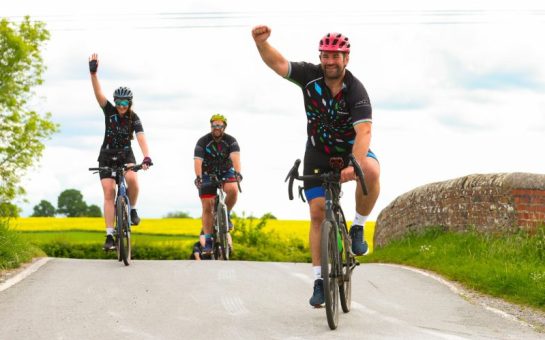Harlequins Ladies coach Karen Findlay believes rugby is at the sporting forefront of promoting inclusivity and diversity.
Speaking ahead of the Aviva Premiership’s Rainbow Laces weekend, Findlay spoke of the change she has seen over the years that she has been involved in the game.
She believes that getting the rugby community behind the women’s game has been a critical factor in the sport developing as quickly as it has.
Findlay said: “When I first started playing rugby back in the early 1990s, women were still fighting for space at rugby clubs to train in.
“You may have been in the dead ball area between the two main pitches or you may have been on the back pitches.
“However, recently there has been a big effort by rugby clubs – possibly through the women’s game kicking at the door on some occasions, probably through negotiation and influence, but there is a genuine acknowledgment of the women’s game.
“In particular, the success of the England women’s team, who have been a phenomenally successful side and have been a driving force in terms of their achievement of winning the World Cup in 2014, and as well as success at the last World Cup just a year ago.
“I think the game now realises that in order to get the entire community behind it, we need to be a sport that is driving inclusivity and equality.”
Findlay believes that whilst the Rainbow Laces campaign is inherently a good thing, the end game has not yet been achieved.
She looks forward to a time where the role of campaigns is redundant as the integration of the values of equality and diversity is complete.
She said: “I think campaigns are important to keep emphasising and brining issues to the forefront of people’s minds. But I don’t think we should be dependent on a campaign every year.
“I think it is more important to have sustainable attitudes so that there is an awareness that is really embedded throughout the year and it’s not just that every so often there is a campaign that comes along once a year, and maybe people start thinking about it.
“I think that if you achieve that, then you are going to bring in diversity of thought, you are going to bring in diversity in leadership, you are going to bring in a far better culture, and that culture is what drives success.”
Findlay thinks that the responsibility of promoting the women’s game, and by virtue of this the values of the Rainbow Laces campaign, lies in the media coverage.
Recently, the success of the England Women’s cricket and football teams have accompanied the success of the rugby team, and this has led to greater exposure and an increased interest in women’s sport in general.
She said: “The next step is naturally making sure it becomes standard in terms of coverage on a big media platform.
“The success of big women’s tournaments like Wimbledon or the Solheim Cup show that the minute you start televising women’s sports, you start attracting an audience and you find that gender becomes irrelevant.
“I think with that top-level exposure, naturally people become more accepting of it, they understand it more.
“It becomes about people playing the game to the best of their ability.”




